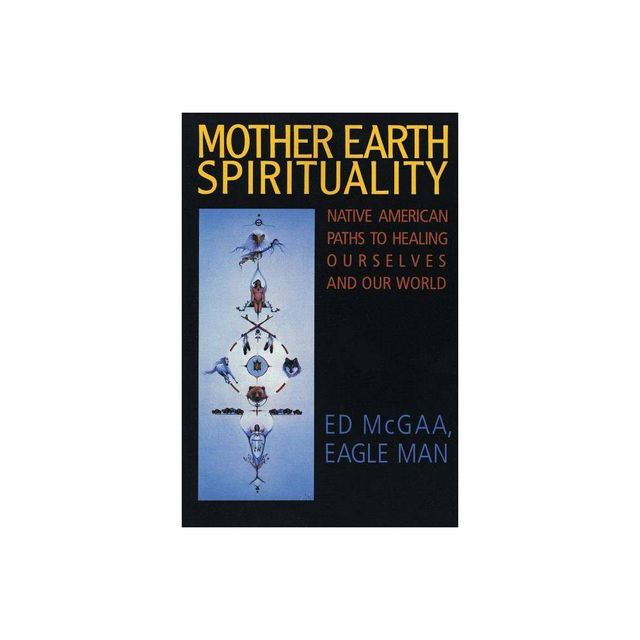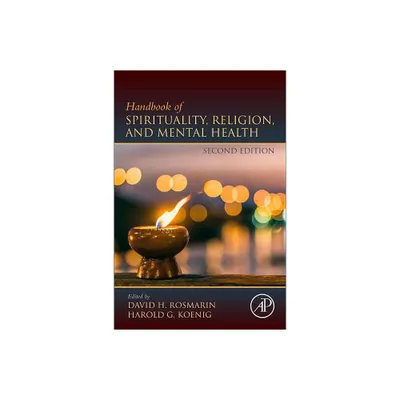Home
The Second: A Novel about Spirituality, Religion, and Politics
Loading Inventory...
Barnes and Noble
The Second: A Novel about Spirituality, Religion, and Politics
Current price: $25.95


Barnes and Noble
The Second: A Novel about Spirituality, Religion, and Politics
Current price: $25.95
Loading Inventory...
Size: Hardcover
*Product Information may vary - to confirm product availability, pricing, and additional information please contact Barnes and Noble
Belief as upbringing, belief as social fact, belief as a species of American Christian fundamentalism:
The Second
is a work of nonreligious religious fiction that engages all the markers of religion, with “belief” as the core of a modern-day American Gothic in which a trinity of characters clash over the complex ideologies that shape politics, religion, and spirituality. The vibrant, French Canadian Chantelle—a woman who promotes a spirituality based on principles and not traditional dogma—must balance her rocky romance with an aspiring half-Jewish architect, the continuing embrace with her activism, and a connection to a New York organization run by a secretive anti-Semite. But, such a caustic entanglement creates a situation ripe for a devastating conclusion, as the “religious” more frequently lean toward evil over good, the novel’s characters ultimately confronting their individual identities through the realization of just how hard it is to make belief believable.
The Second
is a work of nonreligious religious fiction that engages all the markers of religion, with “belief” as the core of a modern-day American Gothic in which a trinity of characters clash over the complex ideologies that shape politics, religion, and spirituality. The vibrant, French Canadian Chantelle—a woman who promotes a spirituality based on principles and not traditional dogma—must balance her rocky romance with an aspiring half-Jewish architect, the continuing embrace with her activism, and a connection to a New York organization run by a secretive anti-Semite. But, such a caustic entanglement creates a situation ripe for a devastating conclusion, as the “religious” more frequently lean toward evil over good, the novel’s characters ultimately confronting their individual identities through the realization of just how hard it is to make belief believable.


















